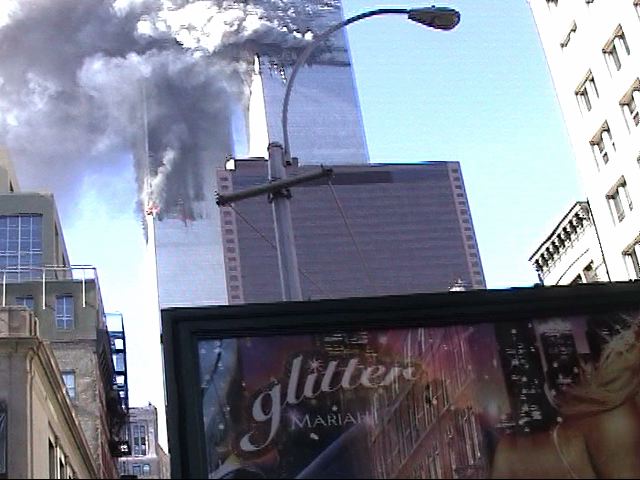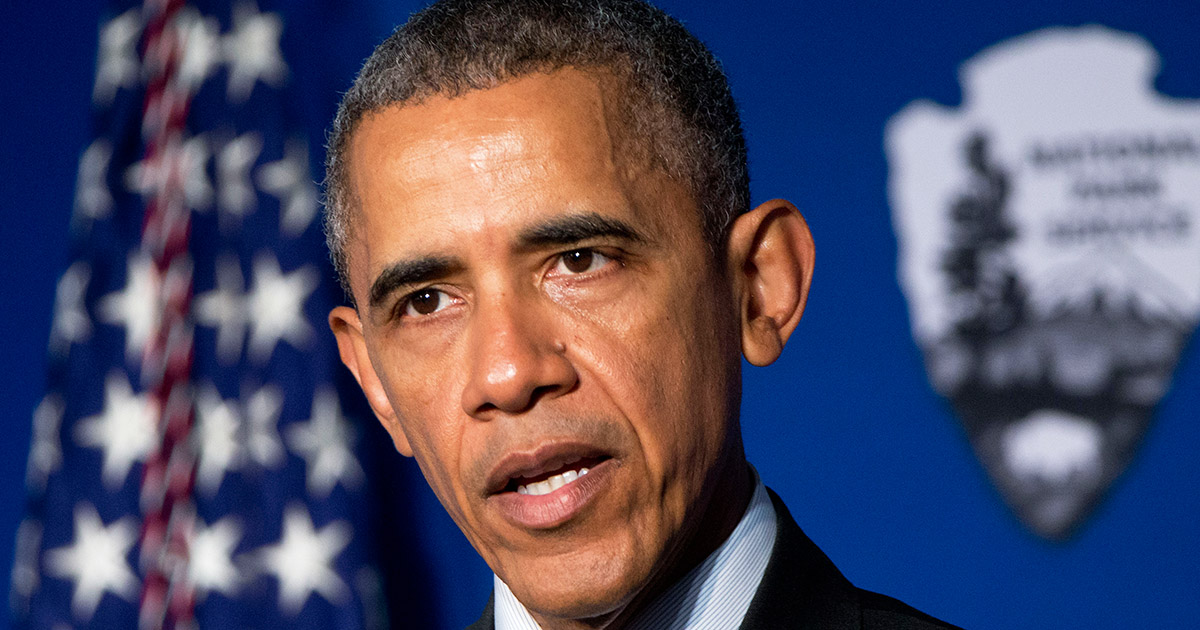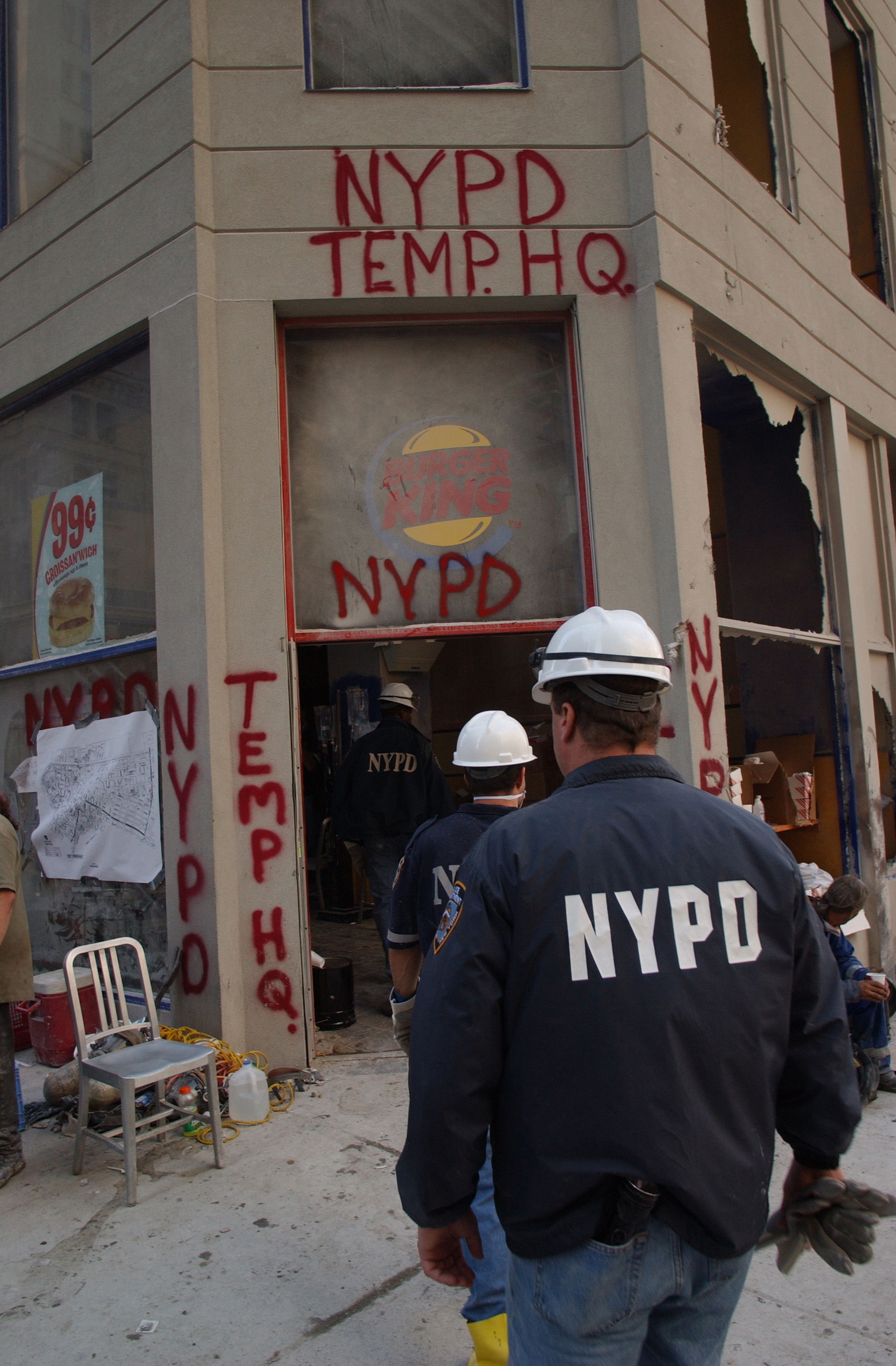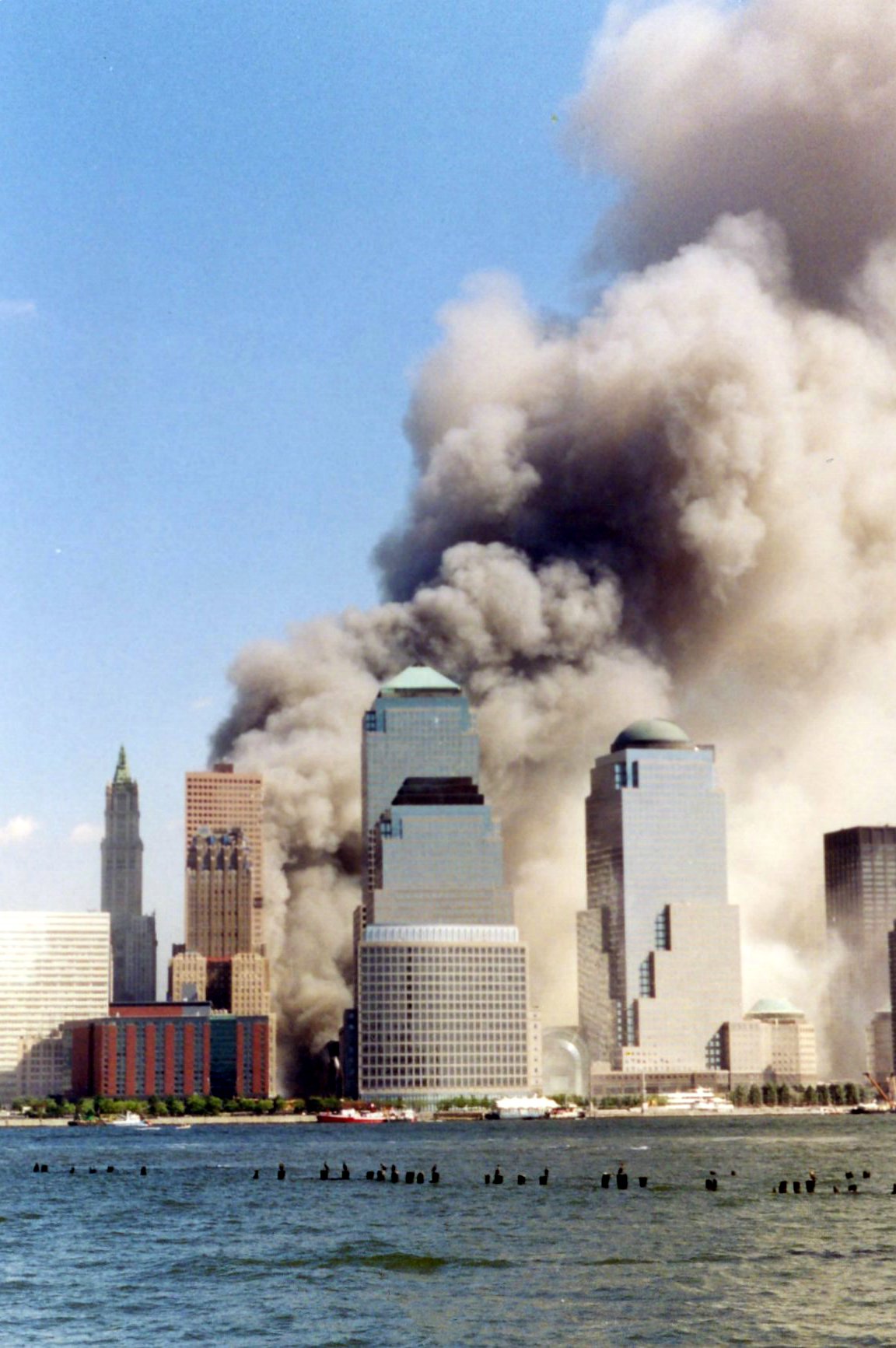Why President Obama Did Something He Almost Never Does

By:
President Obama on Friday afternoon vetoed a 9/11 bill supported by victims' families and members of both political parties, opening himself up to questions about his political motivations.
The Justice Against Sponsors of Terrorism act would allow allow courts to waive the immunity of a "foreign state, or of any official, employee, or agent of that foreign state while acting within the scope of his or her office, employment, or agency, regardless [of] where the tortious act or acts of the foreign state occurred."
Essentially, 9/11 families would be able to sue the Saudi Arabian government and Saudi officials for alleged ties to extremists who executed the terrorist attack on the World Trade Center and Pentagon building.
 National Institute of Standards and Technology/Wikimedia Commons - wikimedia.org
National Institute of Standards and Technology/Wikimedia Commons - wikimedia.org
Obama vetoed the bill, but Congress will mostly likely have the two-thirds votes needed to override his veto, according to CNN. Obama has only used his veto power 11 other times in his presidency, and has never had his veto overturned.
So why did Obama veto the bill?
 AP/Jacquelyn Martin - apimages.com
AP/Jacquelyn Martin - apimages.com
The Washington Post's Amber Phillips talked to Jon Alterman from the Center for Strategic and International Studies. He said that if 9/11 families sue the Saudi Arabian government, it could put the United States in legal danger in courts across the world.
"What the president is imagining is this will create an environment where every court system in the world starts bringing the United States up on charges in foreign courts, and the United States has to defend itself," Alterman said to the Post. "And when you go down that road, you spend all of your time dealing with judgments from courts that are not often honest."
Alterman added that the quest for legal justice could "open up a can of worms."
"I think there's a gut instinct that state sponsors of terrorism should have to pay, but proving state sponsorship is often difficult," he said to the Post. "And taking what is essentially an issue of international relations and putting it into the court system opens up a huge can of worms."
 Wikimedia - wikimedia.org
Wikimedia - wikimedia.org
Recently declassified documents, known as the "28 Pages," from the Congressional Inquiry into the 9/11 attacks showed possible links between individual Saudi government officials and suspected 9/11 terrorists. However the 9/11 Commission, which had access to the formerly classified pages at the time, wrote in its 2004 final report that "it found no evidence that the Saudi government as an institution or senior Saudi officials individually funded the organization."
 Wally Gobetz/Wikimedia Commons - wikimedia.org
Wally Gobetz/Wikimedia Commons - wikimedia.org
A long time advocate for the release of the 28 pages said told ATTN: in July that the federal government tried to bury a connection between 9/11 and Saudi Arabia.
"What's clear is the Bush administration was trying to protect the Saudi government from embarrassment and from scrutiny," said Brian McGlinchey, director of watchdog group 28pages.org.
